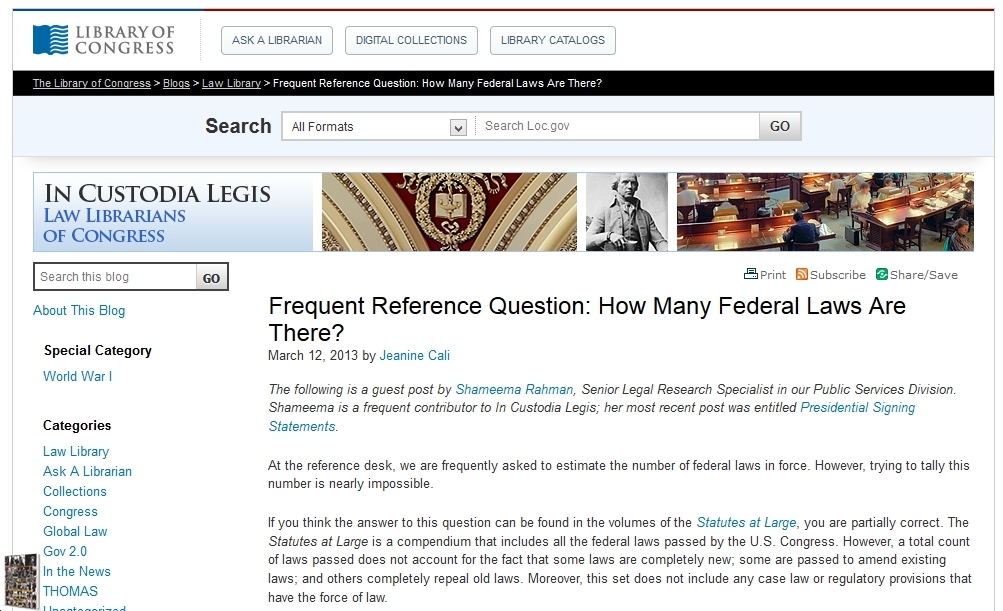What does ownership mean to you?
Definition of ownership according to Merriam-Webster
1): the state, relation, or fact of being an owner2): a group or organization of owners
First Known Use: 1583
Who owns your body?
When one finds them selves listed on a piece of paper titled:
The State of Texas Vs (Your Name Here)
One will quickly learn that Texas is a Corporation (The State of Texas) that has a vast amount of resources to spend on the court cases against the non-state entity, and the new owners will spend it all to prove their ownership of the citizen. An ironic ideal that one must pay taxes to an entity that can and will use that income against the person who paid it initially in the form of taxes, and prosecute, and arrest someone for NOT paying said taxes.
If one thinks that they own their property, a car, land, or business, then do NOT pay taxes to the county or state, as they require, and see how long it takes for the real owners to show up and educate the “owner” on their lack of payment for the use of said property.
How many rules, regulations, statutes, laws or codes does Texas have that the citizenry are responsible in following and knowing, and how many Federal laws are there that supersede state laws?
There has not been a definite number acquired in answering this question. The official answer is that “they” DO NOT KNOW!

If you think the answer to this question can be found in the volumes of the Statutes at Large, you are partially correct. The Statutes at Large is a compendium that includes all the federal laws passed by the U.S. Congress. However, a total count of laws passed does not account for the fact that some laws are completely new; some are passed to amend existing laws; and others completely repeal old laws. Moreover, this set does not include any case law or regulatory provisions that have the force of law.
In a conversation about this topic, a friend asked me, “What about the United States Code?” The current Code has 51 titles in multiple volumes. It would be very time consuming to go page by page to count each federal law, and it also does not include case law or regulatory provisions.
While we are on the topic, would you like to know the difference between the United States Code and the Statutes at Large? According to the Government Printing Office, “the Statutes at Large, is the permanent collection of all laws and resolutions enacted during each session of Congress.” The laws are arranged by public law number and are published in the Statutes at Large. The set also includes concurrent resolutions, proclamations, proposed and ratified amendments to the Constitution, and reorganization plans. Until 1948, treaties and international agreements approved by the Senate were also published in the Statutes at Large. This set is organized by year. So, if you are interested in locating the laws of passed in 1996 you need to consult the volumes for that year.
As for the United States Code, the Government Printing Office explains that “the United States Code is the codification by subject matter of the general and permanent laws of the United States. It is divided by broad subjects into 51 titles and published by the Office of the Law Revision Counsel of the U.S. House of Representatives.” It is clear that the United States Code is a compilation of laws arranged by subject. However, similar to the Statutes at Large, it does not include case law or regulatory provisions. – Library of Congress article from 2013
Imagine having so much freedom, that you can not even count how free your are NOT!
If our own lawmakers do NOT know how many current laws there are on a Federal level, then it would be no surprise that the answer is the same for the state, county, and municipal levels.
Ask any judge this question: “How many laws are there, local on up to federal?” When they fail to give an exact number, ask them then, “how as an officer of this court, do you intend to practice a craft in which there is an infinite amount of ways in which to make one a criminal, yet the court is not able to cite a source as to the number of said laws.” Where is the Justice in this system, the only thing it seems to be is a system in which to convict, infinitely.
Texas residents are in a literal conviction system which leads to the fact that Texas: One Nation Under Arrest is not just applicable for Motorcycle Clubs, it applies to us all.
